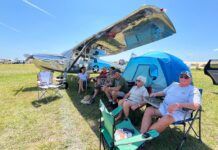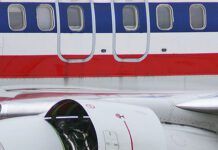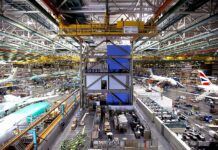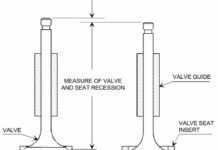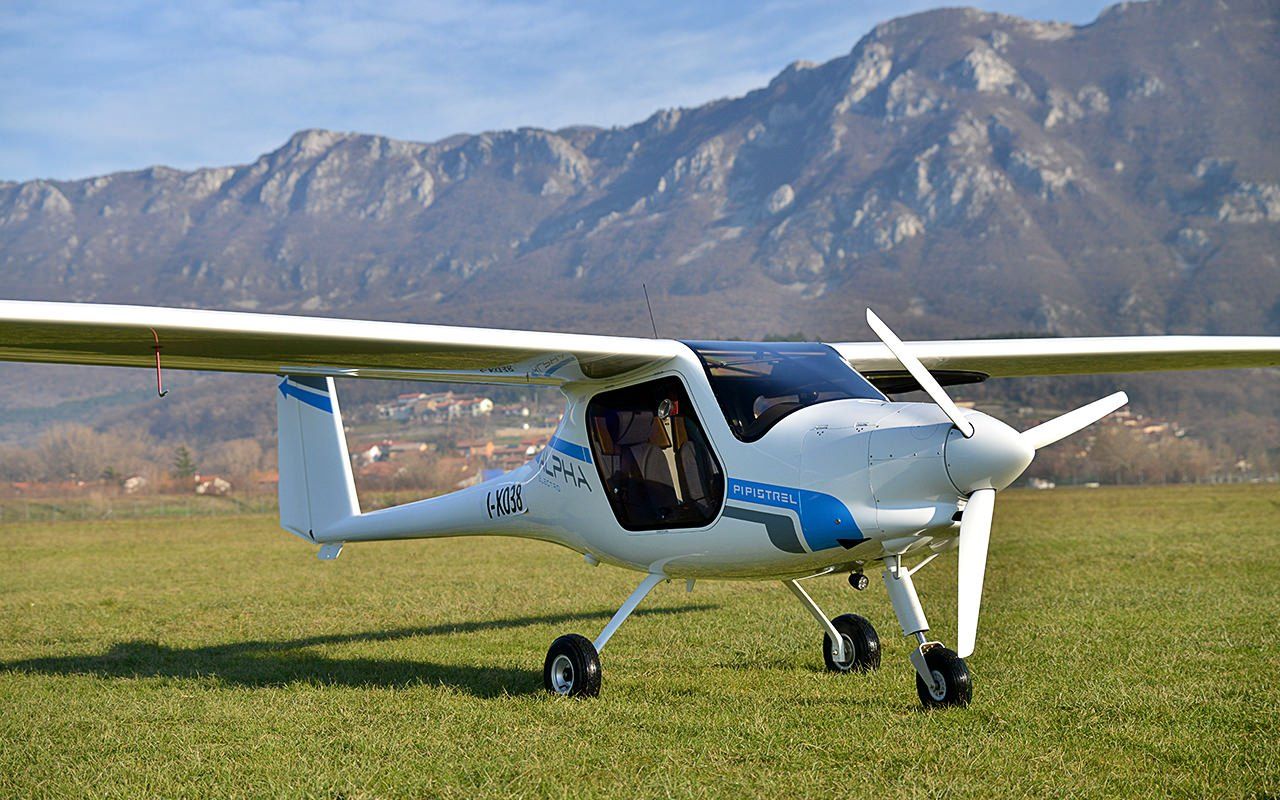
Although electric airplanes still inhabit a regulatory backwater, Slovenian-based Pipistrel Aircraft is boosting its production of battery-powered trainers and reports a 50-50 split between gasoline and electric aircraft. In this exclusive podcast, the company told AVweb this week that a new production line is building five to six Alpha Electro trainers per month.
“We reorganized our production floor space. We have three assembly lines and one of them, since late last year, is dedicated only to producing electric airplanes,” says Pipistrel’s Tine Tomazic. “Predominantly, this is the Alpha Electro, five to six a month, flanked by a smaller number of the Tauras Electro motorglider.” Moreover, the company has brought production of motors, battery arrays and controllers entirely in house.
Pipistrel has been a leading developer of electric aircraft and three years ago developed what became the battery-powered Alpha Electro from a similar Rotax-powered variant. The Electro has about one hour of endurance with reserve and can be equipped with quick-change batteries or, more popular, a fast-charge option to replenish the batteries in the airplane.
Tomazic says fast charging is the overall trend for all battery systems, especially vehicles, and he foresees the day when charging may require as little as 15 minutes. While battery energy density has improved at 5 to 7 percent per year, Pipistrel says it can’t use state-of-the-art batteries because of cycle and charging limits. The aircraft is designed to be flown for about an hour and then placed on the charger, with no resting time.
“To do that, we cannot use the highest energy density batteries. The internal resistance cannot support this kind of an operation,” Tomazic says. Pipistrel and other electric aircraft manufacturers still face what Tomazic calls a “bureaucratic mountain” to fit electric aircraft into the training ecosystem. In Canada, for example, the airplanes can be flown under the advanced ultralightcategory, but in the U.S., the regulatory definition of a light sport aircraft specifically calls for a reciprocating engine. A revised regulation is in the works, with an unknown timeline.
Both Switzerland and France have approved pilot programs for electric trainers while Australia has in place a more formal program. Tomazic concedes the difficulty of blanket approvals. “Not all countries are acceptable to the idea of flying electrically, let alone training with electric airplanes,” he says.
He adds that certification efforts currently focus on collecting real-world data to see how the airplanes work, how people react to them and how the charging infrastructure functions. “It’s a continuous development, not of the product, but how the product may be used and what specifics need to be taken care of so that safety is not compromised,” Tomazic says.
You can see a video of AVweb’s flight trial of the prototype Alpha Electro here.














